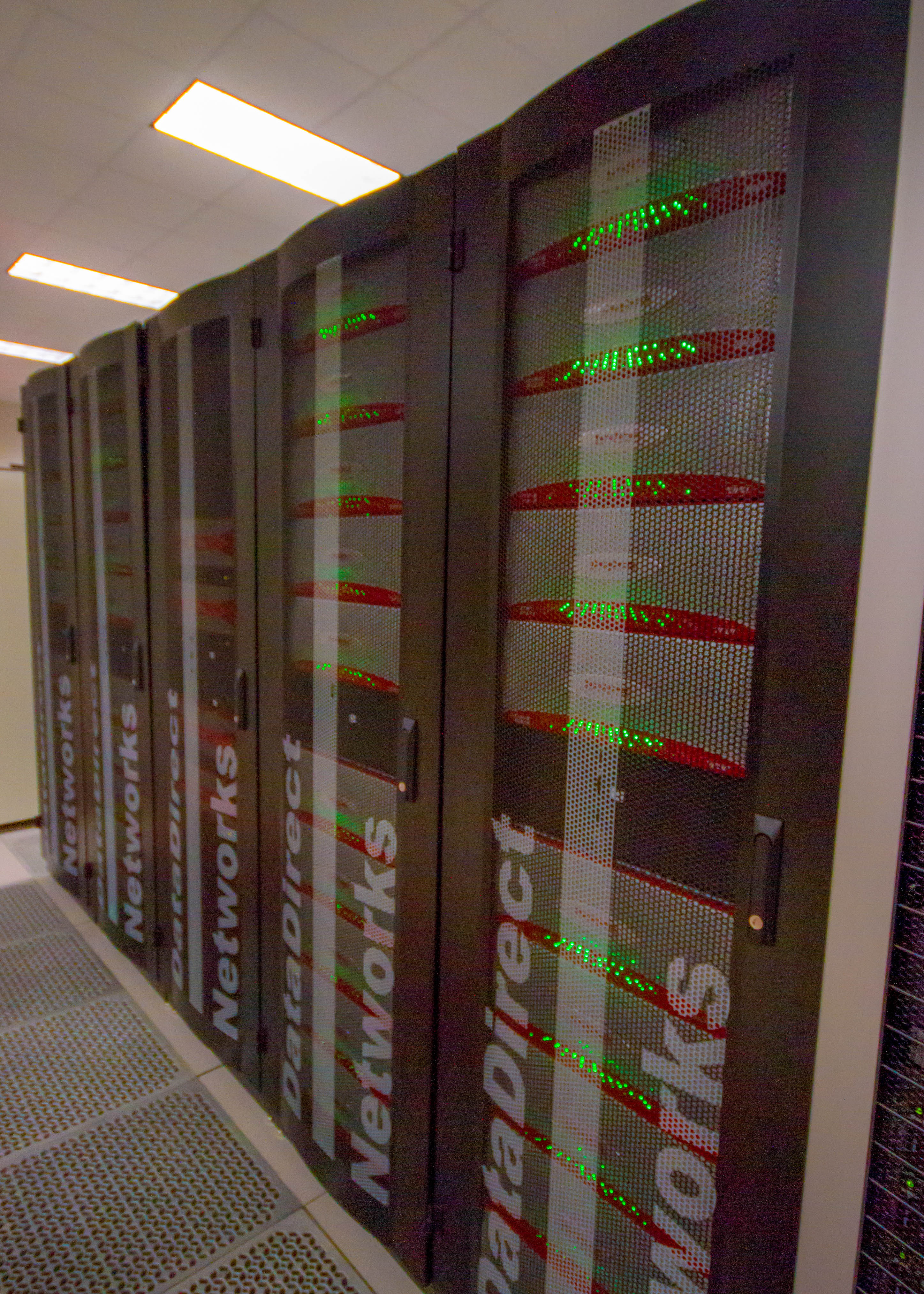The Texas Advanced Computing Center (TACC), a supercomputing center that provides scientists with some of the world’s most powerful computing resources to enable discoveries, is the latest organization to join the iRODS Consortium.
TACC, based at The University of Texas at Austin, designs, deploys, and operates a wide range of high performance computing systems used by thousands of scientists each year to study problems in biology, medicine, environmental sciences, nanomaterials, astrophysics, and much more.

“TACC has run iRODS on our petabyte-scale storage platforms for many years,” said Chris Jordan, TACC’s data management and collections manager. “We provide iRODS services to support collection and sharing of research data across domains, from earth sciences to next-generation sequencing, in applications from preservation of cultural heritage to dissemination of laboratory data. We are excited to engage with the iRODS Consortium and to continue building the next generation of policy-based data management capabilities in partnership with the other member organizations.”
iRODS is free open source software for data discovery, workflow automation, secure collaboration, and data virtualization used by research and business organizations around the globe. The software is an important component of the services TACC provides through its Corral data management system and the Wrangler system, a computing environment for data-intensive applications provided though the National Science Foundation’s XSEDE initiative.
“We are excited to further our relationship with such a prominent institute within the HPC space,” said Jason Coposky, executive director of the iRODS Consortium. “Working with TACC will help us to harden our efforts toward parallel file system integration, storage tiering, and data movement over long distances on Internet2.”
TACC joins Bayer, DellEMC, Data Direct Networks, IBM, Intel, MSC, the U.S. National Institute of Environmental Health Sciences, NetApp, Quantum, RENCI, SURF, the Swedish National Infrastructure for Computing, University College London, University of Groningen, Utrecht University, the Wellcome Sanger Institute, and Western Digital as iRODS Consortium members.
The iRODS Consortium guides development and support of iRODS, along with providing production-ready iRODS distribution and iRODS professional integration services, training, and support. The consortium is administered by founding member RENCI, a research institute for applications of cyberinfrastructure located at the University of North Carolina at Chapel Hill.
To learn more about iRODS, visit https://irods.org.
To learn more about TACC, visit https://www.tacc.utexas.edu/.


